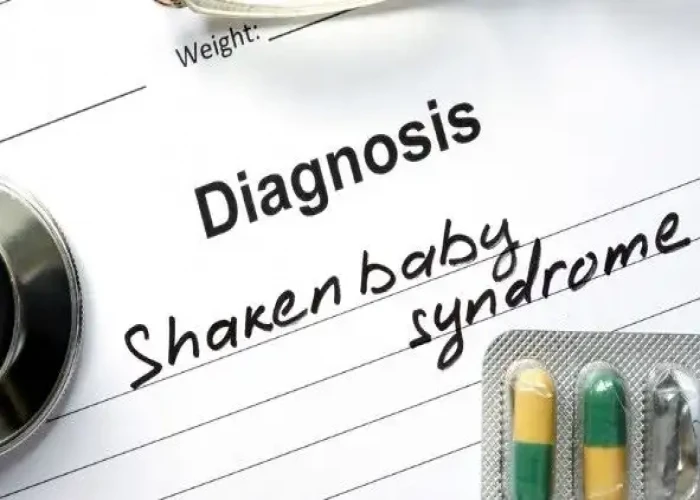 Welcome
Welcome
“May all be happy, may all be healed, may all be at peace and may no one ever suffer."
Shaken baby syndrome
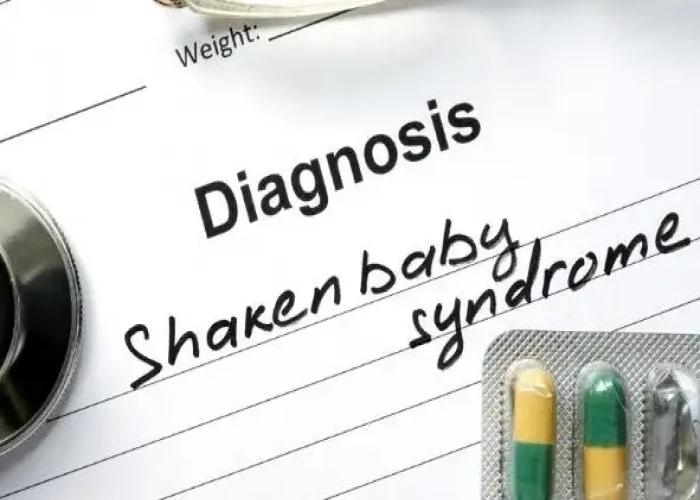
Shaken baby syndrome (SBS) is a form of abusive head trauma that can occur when a baby or young child is violently shaken, causing the brain to move back and forth inside the skull. This can result in serious and often life-threatening injuries, including brain damage, bleeding inside the skull, and retinal hemorrhages (bleeding in the eyes).
SBS can be caused by shaking alone or by shaking combined with impact, such as hitting the child's head against a hard surface. It is most commonly seen in infants younger than 1 year old, but can occur in children up to age 5.
Symptoms of SBS can include lethargy, vomiting, seizures, irritability, and a decrease in appetite. In severe cases, the child may become unconscious or stop breathing.
Preventing SBS involves educating parents and caregivers about the dangers of shaking a baby and providing support for coping with the stresses of caring for a young child. If a baby or child is suspected of having been shaken, it is important to seek immediate medical attention. Treatment may include surgery to relieve pressure on the brain, medication to control seizures, and rehabilitation to address any resulting developmental delays or disabilities.
Research Papers
Disease Signs and Symptoms
- Irritability
- Difficulty staying awake
- Difficulty breathing (dyspnea)
- Nausea or vomiting
- Blue skin (cyanosis)
- Seizures
- Coma
Disease Causes
Shaken baby syndrome
Babies have weak neck muscles and can't support the weight of their heads. If a baby is forcefully shaken, their fragile brain moves back and forth inside the skull. This causes bruising, swelling and bleeding.
Shaken baby syndrome usually occurs when a parent or caregiver severely shakes a baby or toddler due to frustration or anger — often because the child won't stop crying.
Shaken baby syndrome isn't usually caused by bouncing a child on your knee or minor falls.
Disease Prevents
Shaken baby syndrome
New parent education classes can help parents better understand the dangers of violent shaking and may provide tips to soothe a crying baby and manage stress.
When your crying baby can't be calmed, you may be tempted to try anything to get the tears to stop — but it's important to always treat your child gently. Nothing justifies shaking a child.
If you're having trouble managing your emotions or the stress of parenthood, seek help. Your child's doctor may offer a referral to a counselor or other mental health provider.
If other people help take care of your child — whether a hired caregiver, sibling or grandparent — make sure they know the dangers of shaken baby syndrome.
Disease Treatments
Emergency treatment for a child who has been shaken may include breathing support and surgery to stop bleeding in the brain. Some children may require medications to reduce brain swelling and prevent seizures.
Disease Diagnoses
Disease Allopathic Generics
Disease Ayurvedic Generics
Disease Homeopathic Generics
Disease yoga
Shaken baby syndrome and Learn More about Diseases
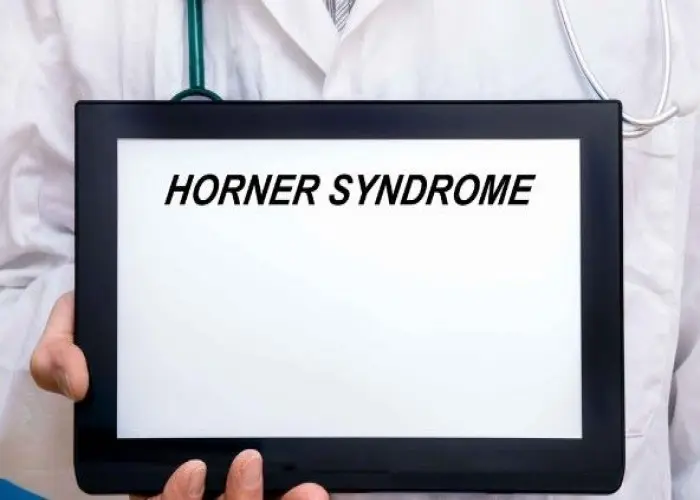
Horner syndrome
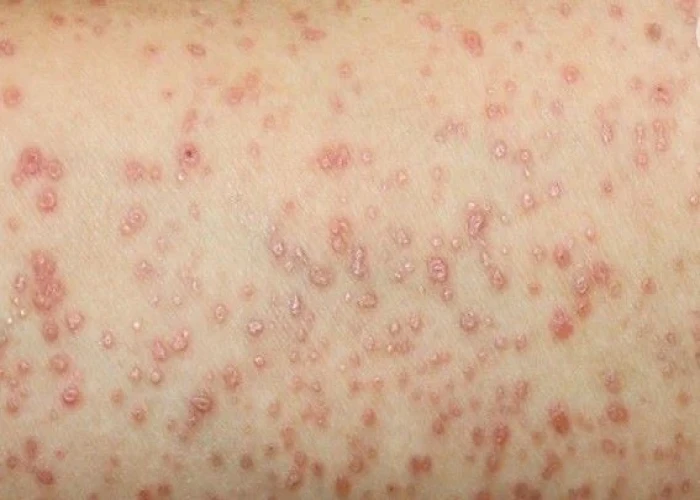
Lichen planus

Melanoma

Acute liver failure
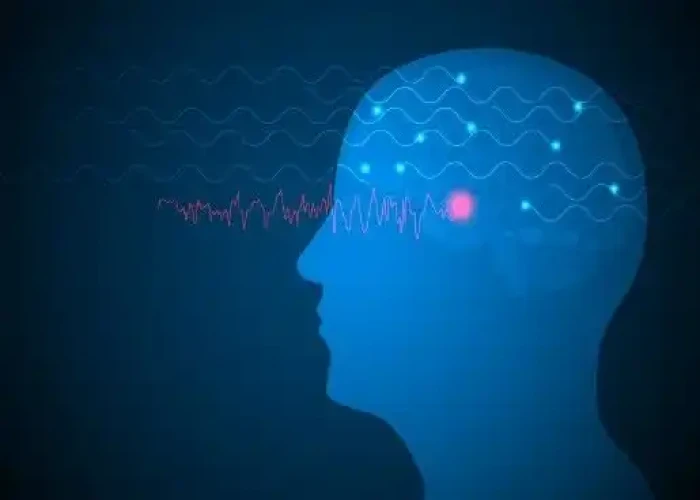
Temporal lobe seizure

Migraine with aura

Scarlet fever

Athlete's foot
shaken baby syndrome, কাঁপানো শিশুর সিন্ড্রোম
To be happy, beautiful, healthy, wealthy, hale and long-lived stay with DM3S.
